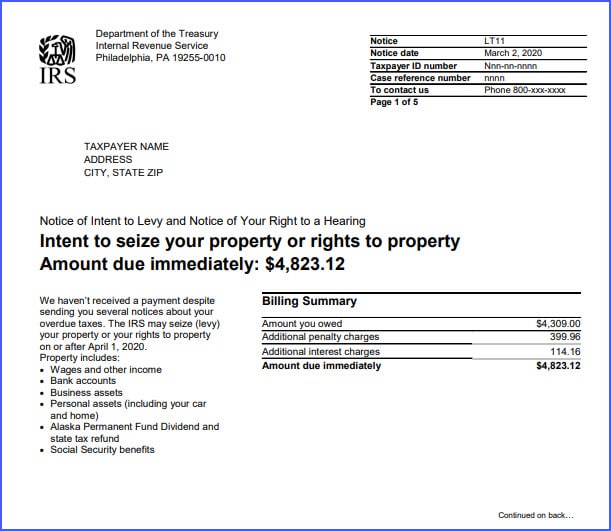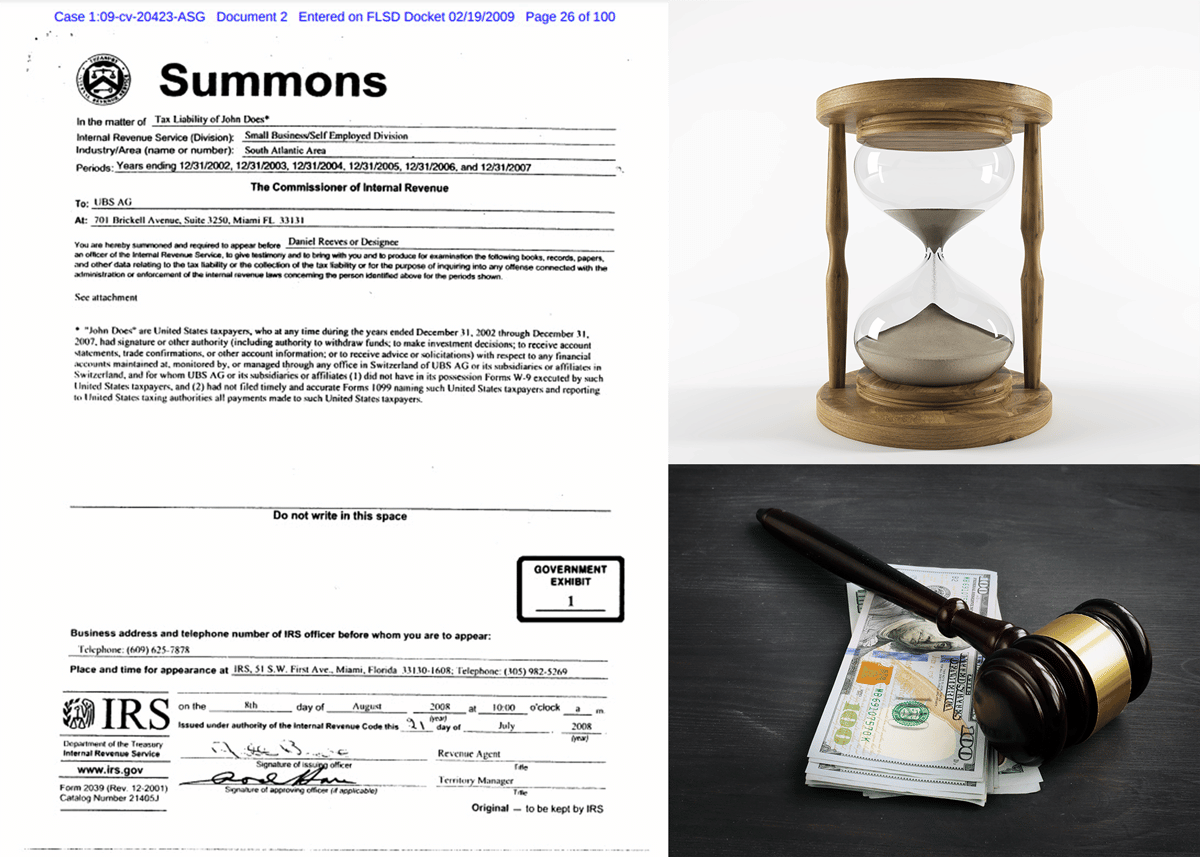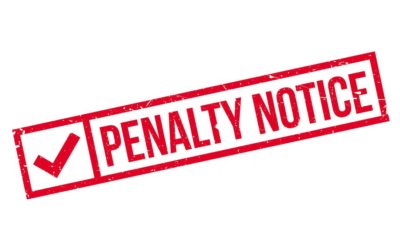Limited IRS Employee Recall Appears to Include Employees to Field Calls From Taxpayers Receiving Collection Notices
On January 15, 2019, the IRS issued a revised IRS Lapsed Appropriations Contingency Plan. Under the revised plan dated January 15, 2019, the IRS is set to recall over 2,000 IRS collections employees, including employees to field calls from taxpayer’s that received collection notices. The recall is based upon authority that provides a limited exception to the general Federal shutdown. Many IRS call sites are not excepted and are unlikely to be reopened until the Federal shutdown is over.
The revised plan does not provide a set date for the employees return. Therefore, taxpayers that have received a collection notice must continue to call the IRS to determine when the IRS phone lines open up.
IRS Issuing Automated Threats of Levy, But IRS Employees are Not Available
During the federal shutdown, the IRS has only maintained a skeletal crew of employees. Most of the IRS’s functions have been completely shutdown. Although the IRS phone lines have still been providing some automated information, IRS employees have not been available to take calls and answer taxpayers’ questions.
However, IRS computers are still sending out automated collection notices that demand payment and/or a plan to resolve the tax debt. As a recent Guardian article pointed out (link here), this puts taxpayers that receive a notice in a seemingly tough spot: no one at the IRS is available to discuss their case to prevent IRS collection action.
One thing to consider is that the Final Notice of Intent to Levy/Notice of a Right to a Hearing (usually LT11 or Letter 1058) must be issued prior to a levy. Once the taxpayer receives the final notice, the taxpayer has 30 days to request a collection due process hearing (even if the IRS is shut down).
The IRS appear to have the authority to issue a levy despite the shutdown. It has been my experience that, although the IRS is currently issuing notice threatening to levy taxpayers’ property, the IRS is not issuing new levies during the shutdown. Nevertheless, this does not help taxpayers that received a continuing levy (i.e., wage garnishment) or a bank levy (providing 21 days to make payment arrangements with the IRS) before the taxpayer could work with the IRS to reach a resolution.
IRS To Recall Campus Collections Employees to Field Calls
Now it appears that the IRS will recall a number of Campus Collection employees to field calls. Under the IRS’s Lapsed Appropriations Contingency Plan issued on January 15, 2019 (link here), the IRS is set to recall a number of employees to carry out a few limited functions, including “Activities Otherwise Authorized by Law”, “Activities Necessary to Safeguard Human Life or Protect Government Property”, and “Activities Necessary for Orderly Agency Shutdown.” [1]
The US Attorney General has determined that, authority granted under 31 U.S.C. § 1342 for emergencies involving the protection of life or property, allows the IRS to operate to fulfill limited functions.[2] The IRS determined that “during a lapse in appropriations, the Service may continue processing tax returns to ensure the protection of those returns that contain remittances. Activities necessary to protect other types of Government property, including computer data and Federal lands and buildings, may continue during a shutdown as well.”[3]
The January 15th Contingency Plan provides that 2,229 Campus Collection employees are excepted from the general shutdown to “[process incoming payments, protection of lien cases in Centralized Liens and protection of statute expiration/assessment activities, or other revenue generating issues and to ensure/oversee shut down of operations.” The plan sets forth that recalled Campus Collections Frontline Managers and Lead Collection Representatives are to: (i) Respond to taxpayers who have received a collection notice through the Automated Collection System and clarify the payment process; (ii) assist taxpayers with setting up installment agreements for tax payments; (iii) Assist taxpayers with general collection processes; and (iv) serve as the gateway for transferring taxpayers to Accounts Management for appropriate filing season inquiries. [5]
Timing of the Recalled IRS Collection Employees Return Unclear
The January 15, 2019 revised contingency plan does not provide a set date for when the employees will be recalled and when the IRS collection functions will open back up. The plan only provides: “This plan will become effective after official notification is received from the Department of the Treasury.”
Based upon several news reports, the general IRS recall is likely to take place in the next week. Therefore, taxpayers that have a time sensitive matter will have to continue to call into the IRS to attempt get through to an IRS collections representative.
Many IRS Functions Still Limited
Despite the fact that the IRS is recalling a little over half of its workforce, many IRS functions are still limited or shutdown. The January 15, 2019 revised contingency plan provides a list of non-excepted functions.[4]
Non-excepted activities are all activities or programs other than those designated as “excepted” above. Positions in these functions would be furloughed, where “excepted” positions would remain on duty. This could also include positions that may have to be recalled if the furlough continues for more than a week.
EXAMPLES (non-excepted activities):
- Processing Non-Disaster Relief transcripts
- Most Headquarters and administrative functions not related to the safety of life and protection of property
- All audit functions, examination of returns, and processing of non-electronic tax returns that do not include remittances
- Non-automated collections
- Legal counsel
- Taxpayer services such as responding to taxpayer questions (call sites) (during Non-Filing Season)
- Information systems functions (except as necessary to prevent loss of data in process and revenue collections)
- Planning, research, and training and development activities (except as necessary to perform excepted or exempt activities)
[Emphasis added]
Therefore, even though some IRS employees will be available to field calls regarding collection notices, other IRS phone lines are likely to be unavailable.
Notes:
[1] In addition, the IRS can recall employees if the IRS needs employees in order to assist FEMA with a national disaster or emergency.
[2] See IRS’s Lapsed Appropriations Contingency Plan issued on January 15, 2019, page 6.
[3] See IRS’s Lapsed Appropriations Contingency Plan issued on January 15, 2019, page 6.
[4] See IRS’s Lapsed Appropriations Contingency Plan issued on January 15, 2019, page 13.
[5] See IRS’s Lapsed Appropriations Contingency Plan issued on January 15, 2019, pages 96-97.

Justin Hughes, JD, CPA, LL.M.
Justin Hughes focuses on resolving federal and state tax disputes for individuals and businesses. He has represented clients before the IRS and state taxing authorities at all stages, including audits, administrative appeals, litigation, and collections. As both an attorney and a CPA, he combines legal insight with accounting experience to help resolve tax problems for clients.





